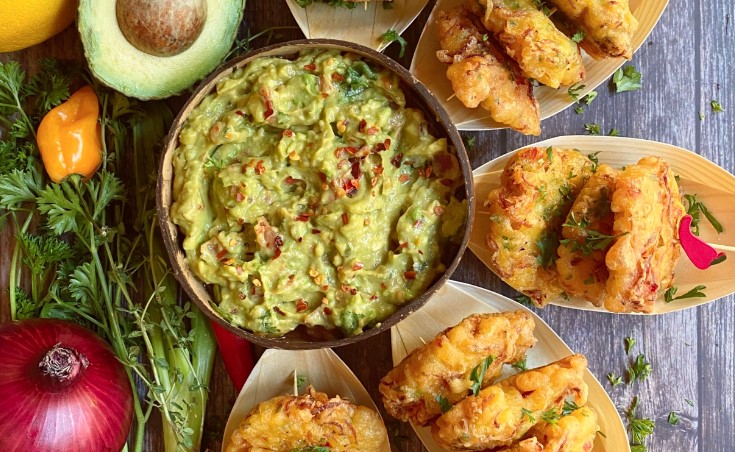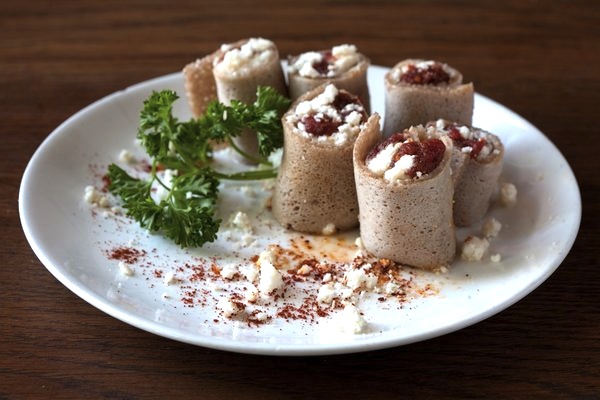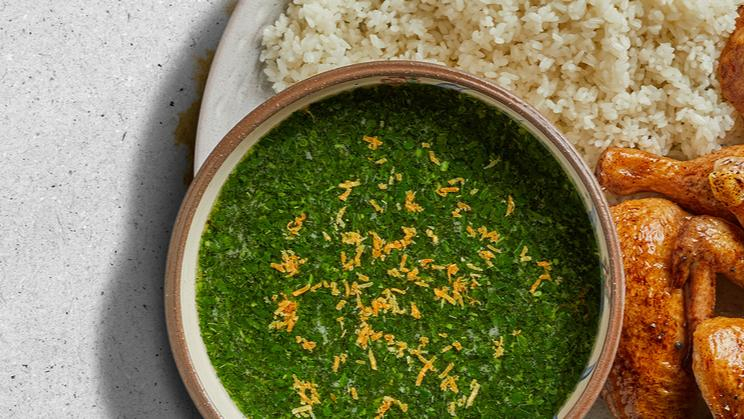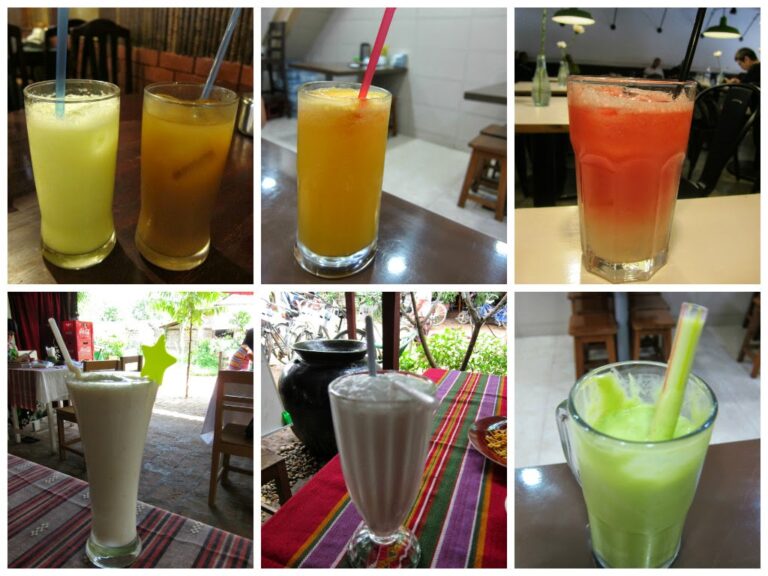Introduction: Exploring the Dominican drink culture
The Dominican Republic is a tropical paradise that offers visitors more than just stunning beaches and picturesque scenery. The country’s drink culture is equally impressive, with a range of traditional and exotic juices, alcoholic drinks, and other beverages that locals and tourists alike enjoy. From refreshing fruit juices to strong and flavorful alcoholic drinks, the Dominican Republic has something to offer everyone.
A taste of tradition: Popular Dominican juices
One of the most popular traditional drinks in the Dominican Republic is the refreshing and delicious jugo de chinola, or passion fruit juice. Made from the sweet and tangy passion fruit that grows abundantly in the country, this juice is a favorite of locals and visitors alike. Other popular Dominican juices include jugo de guanábana (soursop juice) and jugo de tamarindo (tamarind juice), both of which offer a unique and refreshing taste.
Mamajuana: The Dominican aphrodisiac
Mamajuana is a traditional Dominican drink that is rumored to have aphrodisiac properties. Made by soaking a mixture of herbs, bark, and roots in rum, wine, and honey, this drink has a complex taste and aroma that is unlike anything else. While there is no scientific evidence to support the claim that mamajuana is an aphrodisiac, many Dominicans swear by its powers.
Presidente: The iconic Dominican beer
No discussion of Dominican drinks is complete without mentioning Presidente, the country’s iconic beer. Made from high-quality malted barley and hops, this light and refreshing beer has a crisp and clean taste that is perfect for hot and humid days. Whether you’re enjoying a game of dominoes with friends or simply lounging on the beach, a cold bottle of Presidente is always a good choice.
Ron Dominicano: The Dominican rum experience
Rum is an integral part of the Dominican drink culture, and Ron Dominicano is the country’s most famous brand. Made from sugar cane grown in the country’s lush valleys, this rum has a rich and complex flavor that is perfect for sipping straight or mixing into a cocktail. Whether you prefer dark or light rum, Ron Dominicano is a must-try for anyone visiting the Dominican Republic.
Morir Soñando: A refreshing Dominican drink
Morir Soñando, which translates to “to die dreaming,” is a refreshing and sweet drink that is perfect for hot days. Made from orange juice, milk, sugar, and ice, this drink has a creamy and dreamy texture that is sure to delight your taste buds. Whether you’re sipping it on a sunny terrace or enjoying it at a family gathering, Morir Soñando is a beloved Dominican classic.
Chacá: The lesser-known Dominican drink
While not as well-known as other traditional Dominican drinks, chacá is a unique and flavorful beverage that is worth trying. Made from boiled corn kernels and spices like cinnamon and cloves, this drink has a thick and creamy texture that is reminiscent of a smoothie. Chacá is a popular drink during the Christmas season but is available year-round in some parts of the country.
Conclusion: Savoring the flavors of the Dominican Republic
From refreshing juices to strong and flavorful alcoholic drinks, the Dominican Republic’s drink culture is diverse and vibrant. Whether you’re looking for something sweet and refreshing or bold and flavorful, there is a traditional Dominican drink that is sure to satisfy your taste buds. So why not take a sip and savor the flavors of this tropical paradise?






